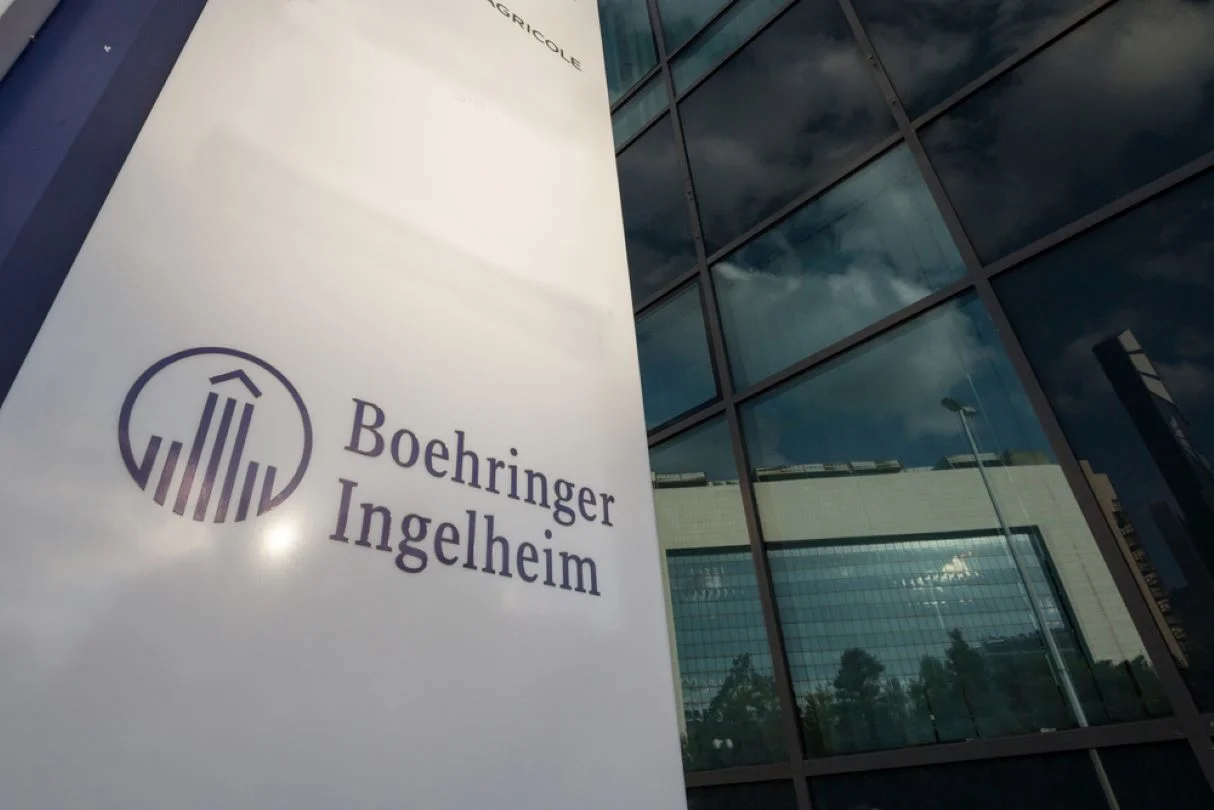Boehringer and Zealand released Phase II data with the investigational drug survodutide, while Novo Nordisk presented new Ozempic data.

At the American Diabetes Association’s 83rd Scientific Sessions, Boehringer Ingelheim and Novo Nordisk took another step in the obesity arena with data presentations on their respective glucagon-like peptide receptor 1 agonist (GLP1RA) trials for diabetes and obesity management.
Boehringer’s survodutide (BI 456906) is a subcutaneous long-acting dual glucagon and GLP-1 agonist that requires administration once weekly. The Germany-based company is developing the therapy with Zealand Pharma for people living with obesity or who have a body mass index (BMI) exceeding 27kg/m² and for treating non-alcoholic steatohepatitis (NASH).
Data from the Phase II dose-finding trial (NCT04667377) showed a dose-response relationship with higher doses of survodutide, which lead to increased weight loss. Furthermore, 82.8% of the participants in the 4.8mg survodutide group achieved a weight loss of at least 5% at week 46 in comparison to 25.9% in the placebo group. The company reported that 90.9% of participants in the survodutide group had adverse events in comparison to 75.3% of the placebo group. Additionally, the drug has shown a nearly 19% efficacy for weight loss in overweight or obese people, as per a 23 June Zealand Pharma release.
In a press release, Dr Carel le Roux, the principal investigator of the trial explained the drug’s mechanism saying, “By activating both the glucagon and GLP-1 receptors, survodutide may inhibit both appetite and improve energy expenditure.”
Survodutide is being developed under a GLP-1/glucagon dual agonist licensing agreement between the two companies where Boehringer finances all research, development and commercialisation activities. This partnership uses Zealand’s experience in developing peptide-based medicines and the company could possibly receive up to €345m ($376.1m).
